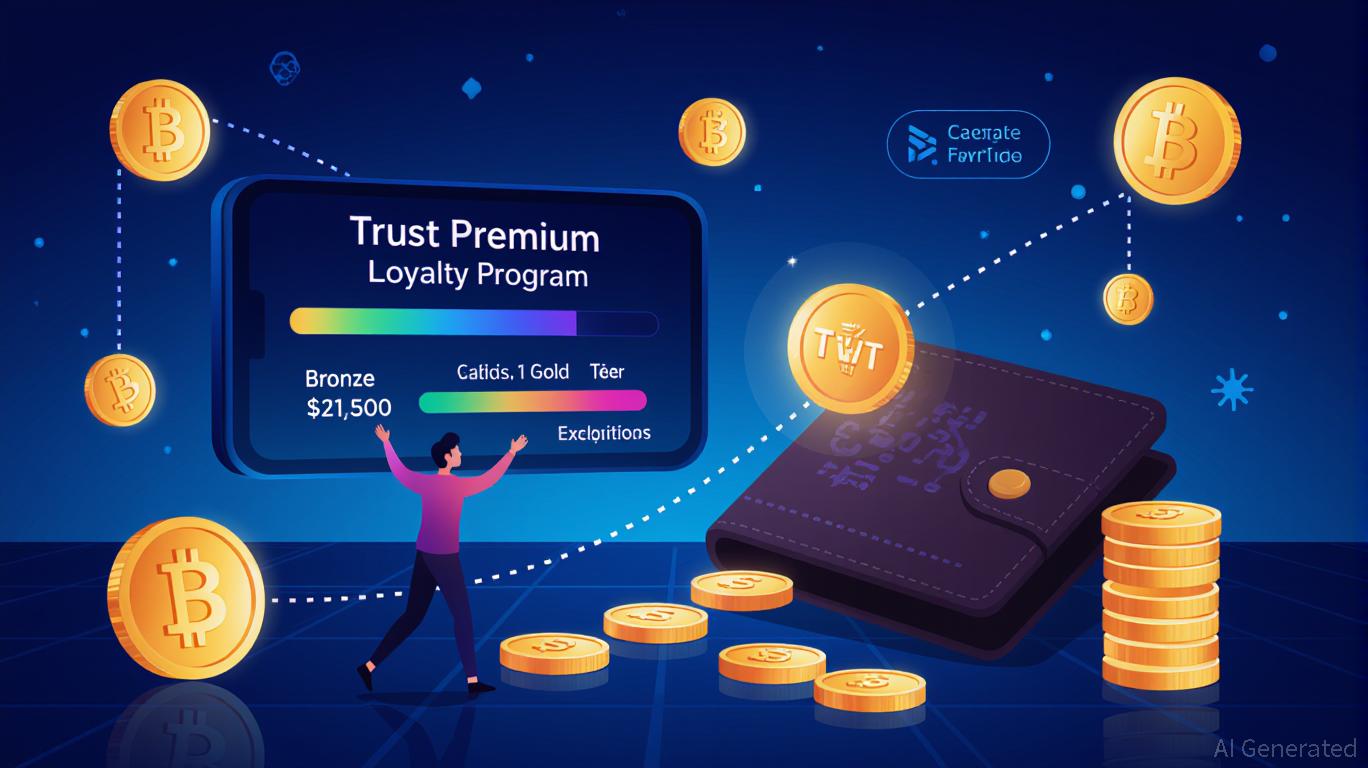Marriott’s Departure from Sonder Underscores Challenges in Technology-Based Hospitality Collaborations
- Marriott abruptly terminated its licensing agreement with Sonder , leaving thousands of guests stranded and canceling over 9,000 properties from its booking platforms. - The move slashed Marriott's 2025 growth forecast to 4.5% as Sonder filed Chapter 7 bankruptcy due to integration costs and revenue decline linked to the partnership. - Guests faced refund reversals and accusations of corporate negligence, while critics highlighted inconsistent crisis management and risks of overreliance on short-term ren
On November 9, 2025, Marriott International Inc. (NASDAQ: MAR) unexpectedly ended its licensing deal with
This contract termination caused Marriott to lower its projected net room growth for 2025 to 4.5%, a reduction from its earlier, more ambitious goal, according to the
Initially, Marriott promised full refunds to guests who booked through its channels, but later changed course, instructing customers to seek chargebacks from their credit card companies, as reported by
Marriott stated it was working to reduce disruptions and would reach out to guests who booked directly through its platforms, as per the
The repercussions go beyond customer service. Sonder’s bankruptcy has eliminated a significant part of Marriott’s expansion plans, though the company remains positive about its main hotel business, according to a
Disclaimer: The content of this article solely reflects the author's opinion and does not represent the platform in any capacity. This article is not intended to serve as a reference for making investment decisions.
You may also like
TWT's Updated Tokenomics Structure and Its Impact on the Market
- TWT shifted to a gamified utility model in 2025 via Trust Premium, replacing governance-focused tokenomics. - Fixed supply and 2020 token burn (88.9B TWT) create scarcity but lack phased liquidity mechanisms seen in projects like Ontology. - Trust Premium tiers reward user activity with gas discounts and airdrops, linking TWT value to ecosystem engagement rather than speculation. - Over 40% supply already circulating since 2020 contrasts with aggressive liquidity incentives in competitors like Astar Netw

Bitcoin News Today: The Major Transition: Bitcoin Mining Companies Evolve into Leading AI Infrastructure Providers
- Bitcoin miners shift to AI infrastructure as margins shrink due to rising energy costs and post-halving challenges, with companies like Core Scientific and Cipher Mining repurposing data centers for AI workloads. - Major contracts, including a $5.5B, 15-year AWS deal and a $9.7B Microsoft agreement, highlight AI’s 25x higher revenue per megawatt compared to Bitcoin mining, driven by stable demand from tech giants. - The pivot reshapes market dynamics, with AI-focused miners outperforming Bitcoin peers as

Fed's Decision to Hold Rates Puts Spotlight on Balancing Trump’s Growth Plans and Inflation Concerns
- The Fed may pause rate cuts in 2025, balancing Trump's policy risks against inflation and economic resilience. - JPMorgan's Karen Ward highlights uncertainty over Trump-era growth vs. inflation, contrasting Wall Street's rate-cut expectations. - Powell emphasizes "strong" economic performance as a reason to delay cuts, with CME FedWatch showing 58% chance of December 25-basis-point cut. - Regional Fed leaders like Bostic and Williams stress inflation risks and cautious reserve management amid leadership
SEC's Token Classification Seeks to Harmonize Innovation with Safeguarding Investors
- The SEC proposes a token taxonomy under the Howey Test to classify digital assets as securities or non-securities, reshaping crypto regulation. - The framework categorizes tokens into four tiers, including securities, digital commodities, collectibles, and tools, with exemptions for non-SEC-regulated platforms. - It aligns with the Digital Asset Market Structure Bill, which assigns major cryptocurrencies to CFTC oversight and mandates exchange function separation. - The SEC emphasizes strict enforcement
